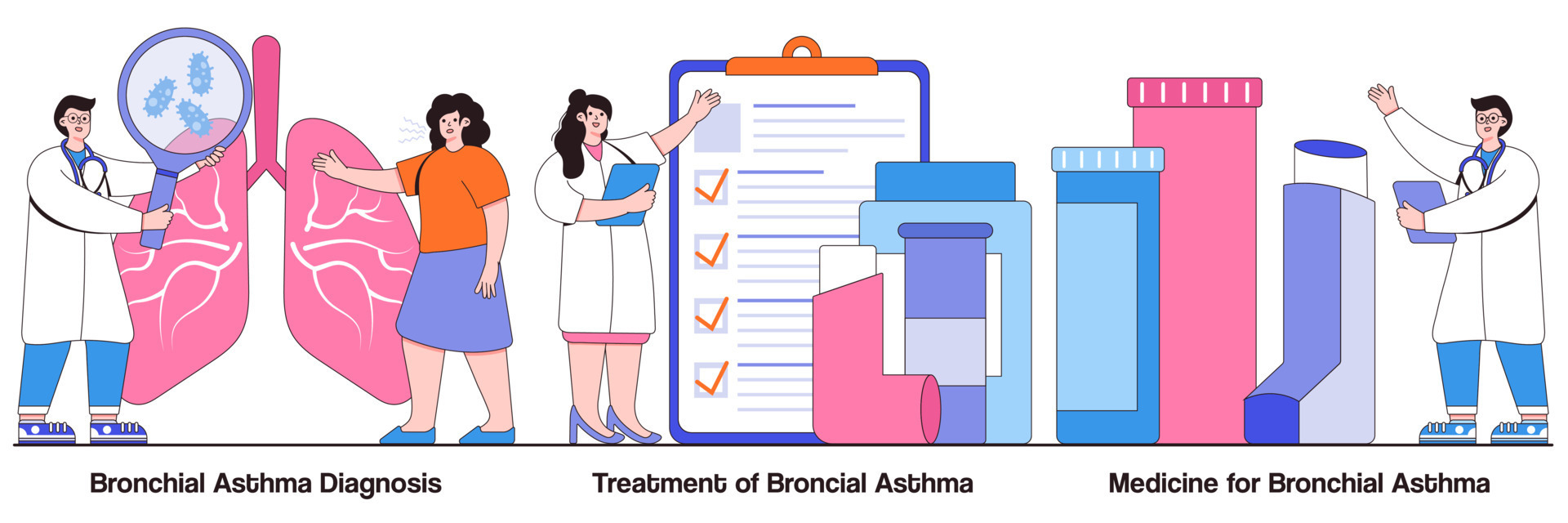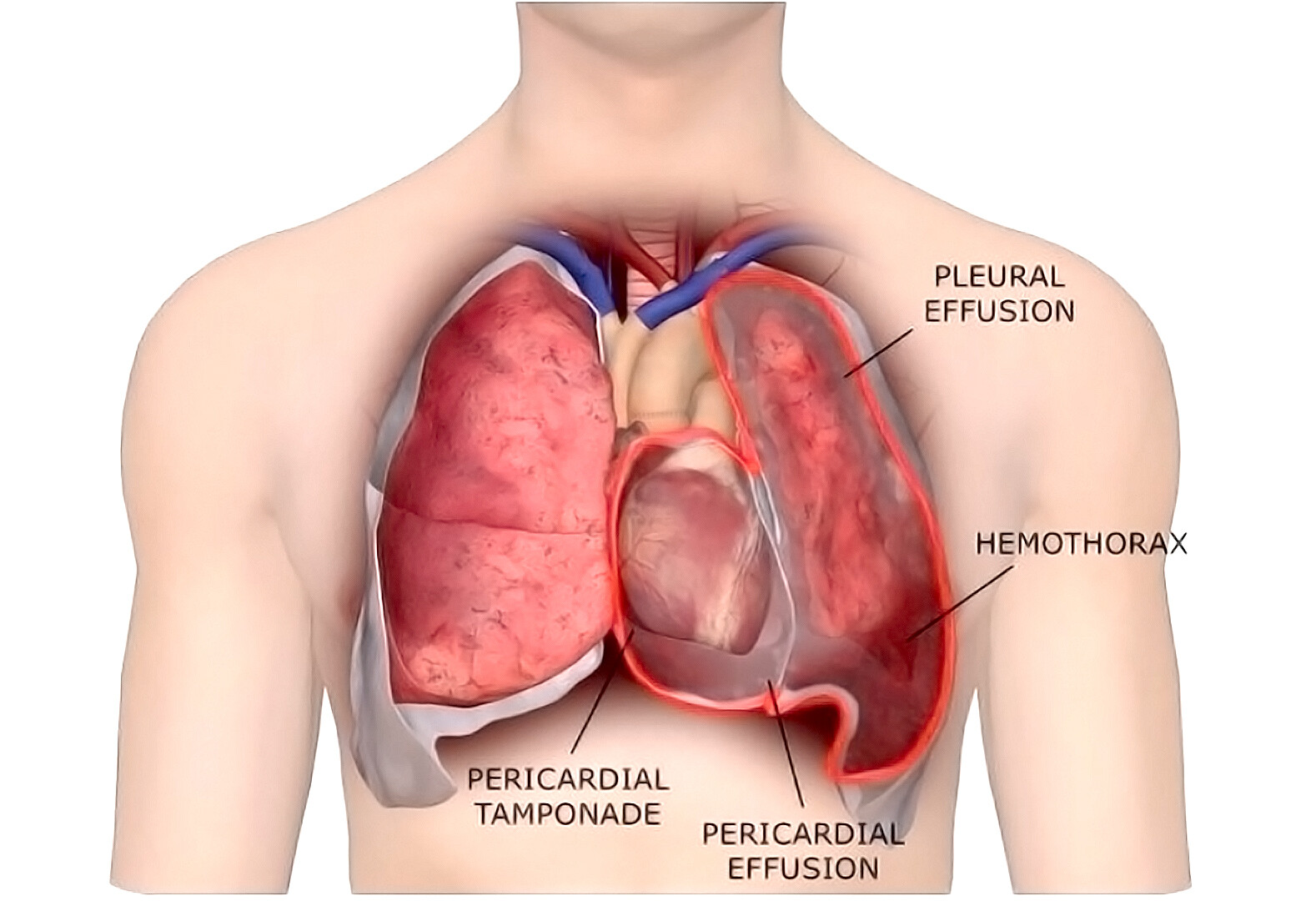Diagnosing asthma involves a combination of medical history, physical examination, and various tests. Here are the common steps in the diagnostic process for asthma:
- Medical History: The healthcare provider will ask detailed questions about the individual’s symptoms, including the frequency and intensity of coughing, wheezing, shortness of breath, and chest tightness. They will also inquire about any potential triggers or exacerbating factors.
- Physical Examination: A thorough physical examination will be conducted, with a focus on the respiratory system. The healthcare provider will listen for wheezing sounds, assess breathing patterns, and check for signs of respiratory distress.
- Spirometry: Spirometry is a key test for diagnosing asthma. During this test, the individual breathes into a device called a spirometer, which measures the amount and speed of air exhaled. Spirometry can help assess lung function and identify airflow obstruction.
- Bronchodilator Reversibility Test: After baseline spirometry, the individual may be given a bronchodilator (a medication that opens the airways), and spirometry is repeated after a short interval. Improvement in lung function following bronchodilator administration supports an asthma diagnosis.
- Peak Flow Measurement: Peak flow meters are handheld devices that measure the maximum speed at which an individual can blow air out of their lungs. Regular peak flow measurements at home can help monitor asthma and detect changes in airflow.
- Exhaled Nitric Oxide Test: Elevated levels of nitric oxide in exhaled breath can be a sign of airway inflammation, which is common in asthma. This non-invasive test measures exhaled nitric oxide levels.
- Chest X-ray or CT Scan: Imaging tests may be ordered to rule out other respiratory conditions that may mimic asthma symptoms. While asthma does not typically show up on chest X-rays, these tests can help identify other potential causes of respiratory issues.
- Allergy Testing: Allergy testing may be performed to identify specific allergens that could be triggering asthma symptoms. This can involve skin prick tests or blood tests to measure specific IgE antibodies.
- Methacholine Challenge Test: This test involves inhaling increasing concentrations of methacholine, a substance that can provoke airway constriction. If there is a significant drop in lung function, it may indicate asthma.
- Exercise Challenge Test: In some cases, an exercise challenge test may be performed to assess whether physical activity triggers asthma symptoms.
- Fractional Exhaled Nitric Oxide (FeNO) Test: This test measures the amount of nitric oxide in exhaled breath, which can be elevated in people with asthma and is an indicator of airway inflammation.
It’s important to note that the diagnostic process may vary based on individual circumstances and the healthcare provider’s assessment. The combination of medical history, physical examination, and various tests helps healthcare professionals make an accurate diagnosis and develop an appropriate treatment plan tailored to the individual’s needs. If you suspect you have asthma or are experiencing respiratory symptoms, it is crucial to consult with a healthcare professional for a comprehensive evaluation.
If you or a loved one are navigating the challenges of asthma, seek the expertise of the best asthma doctor in Mumbai, Dr. Parthiv Shah. With a commitment to respiratory health and a reputation for excellence, Dr. Shah brings a wealth of experience to the forefront of asthma care.


